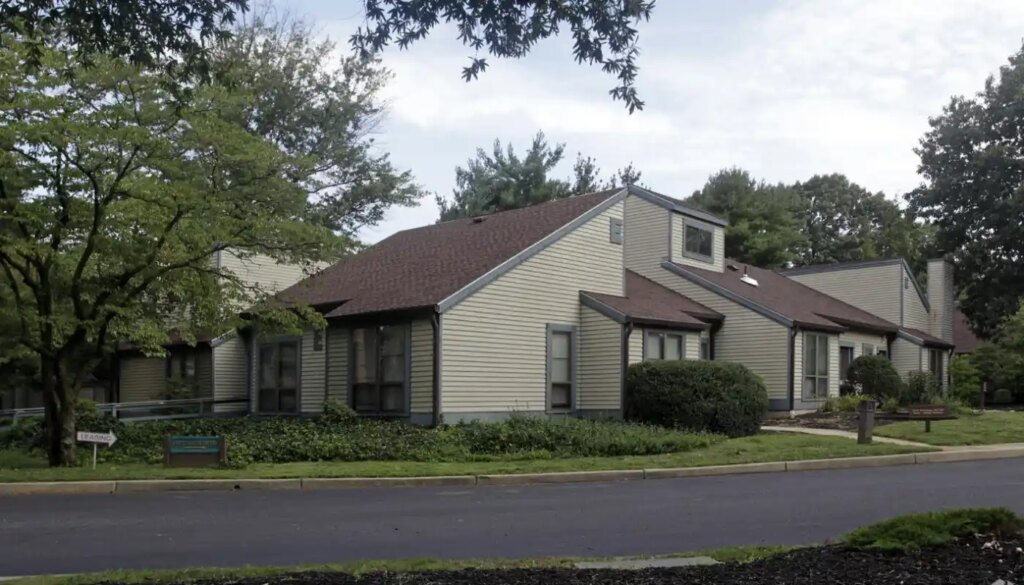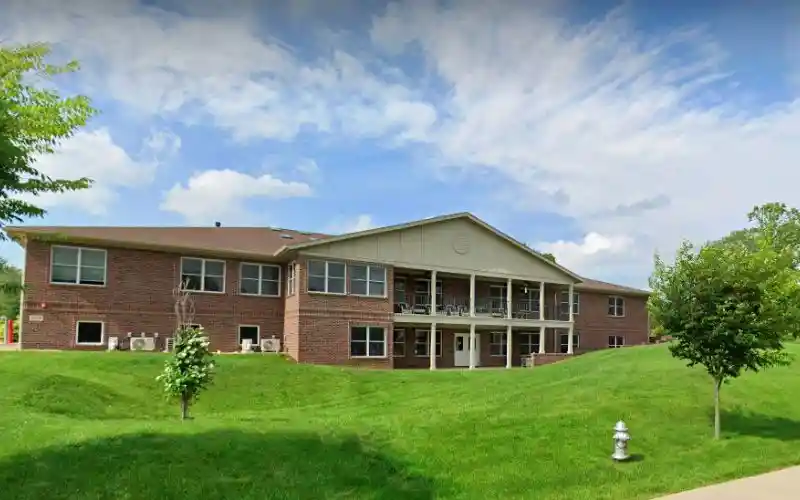





Family therapy, also known as family counseling, explores and addresses the dynamics within a family unit that may be contributing to conflict or stress. It is a form of psychotherapy that seeks to improve communication, understanding, and collaboration among family members, fostering a healthier and more supportive home environment. Through a series of structured sessions, family therapy helps relatives identify and navigate through psychological, emotional, or behavioral issues impacting their lives collectively and individually.
Integral Support System: Family is often the primary support system for individuals, playing a crucial role in mental health and overall well-being. Engaging the family in treatment can strengthen this support system, promoting healing and recovery for all involved.
Understanding Family Influences: Families shape our personalities, beliefs, values, and behaviors. Therapy provides a platform for understanding these influences and addressing negative patterns that hinder the well-being of family members.
Holistic Healing Approach: Family therapy adopts a holistic perspective, viewing individuals within the context of their family system, acknowledging that the health and functioning of one member affect the entire unit.
Every family faces challenges and conflicts. Here are some common issues addressed in family therapy:
Communication Breakdown: Effective communication is foundational for healthy relationships. Therapy helps in improving communication skills among family members.
Conflict Resolution: Persistent conflicts and disputes often signify deeper issues that therapy can help uncover and address.
Parenting Challenges: Parents might struggle with establishing effective parenting strategies; therapy offers support and guidance in this area.
Financial Stress: Financial issues can strain family dynamics; therapy provides a space to navigate these stresses constructively.
Behavioral Problems in Children: These may stem from or impact the family environment. Family therapy helps in understanding and addressing these behaviors.
The Impact of Family Relationships on Individual Members
Mental Health: The family environment significantly impacts the mental health of each member. Positive dynamics promote well-being, while toxic or stressful environments can lead to mental health struggles.
Personal Development: Family relationships influence the personal and social development of each member, affecting their self-esteem, confidence, and social relations.
Emotional Stability: A supportive and understanding family environment fosters emotional stability and resilience, crucial for facing life’s challenges.
Objective: This therapy type focuses on adjusting and strengthening the family system to ensure that parents are in control and that both children and adults set appropriate boundaries.
Method: Therapists may observe family members interacting and suggest changes to dysfunctional patterns, guiding the family towards a more harmonious structure.
Objective: Strategic therapy addresses specific problems within the family, aiming to prompt immediate change.
Method: Therapists assign homework to family members to help address and resolve issues, fostering changes in communication and perception.
Objective: This approach emphasizes the subconscious systems of meaning that underlie family members’ perceptions and beliefs, recognizing the family as an emotional unit.
Method: Therapists explore the family’s belief systems and communication patterns, guiding members towards acknowledging and understanding their shared narratives.
Objective: Narrative therapy helps family members understand and reframe the stories they tell about their lives and relationships.
Method: The therapist helps family members to “rewrite” their narratives to allow for more positive interactions and outcomes, empowering them to perceive their lives and relationships differently.
Open Dialogues: Family therapy fosters an environment of open, honest communication, allowing members to express their thoughts and feelings without fear or judgment.
Active Listening: Members learn the importance of listening attentively and empathetically, enhancing understanding and reducing conflicts.
Constructive Feedback: Therapy teaches family members to provide feedback in a constructive manner, supporting growth and positive change.
Effective Problem-Solving: Through improved communication and understanding, families develop skills to resolve conflicts efficiently and respectfully.
Healthy Boundaries: Family therapy helps establish and maintain healthy boundaries, promoting respect and cooperation among members.
Reconciliation: The therapy process can facilitate reconciliation and healing in strained or broken relationships within the family.
Enhanced Support: Family therapy strengthens the support system within the family, ensuring that each member feels valued and understood.
Renewed Trust: The therapeutic process rebuilds trust and commitment among family members, laying the foundation for stronger, healthier relationships.
Shared Goals: Through therapy, families work together towards shared goals and visions, fostering unity and collaboration.
Adaptive Coping Strategies: Families learn to develop and implement effective coping strategies to deal with stress and adversity.
Decision-Making Skills: The therapy process enhances collective and individual decision-making skills, supporting the family’s functionality and resilience.
Crisis Management: Families are better equipped to navigate through crises and challenges together, supporting each other constructively.
The duration of family therapy varies significantly, depending on the complexity of the issues being addressed and the specific goals of the treatment. Some families may benefit from short-term therapy over several weeks, while others might require longer-term engagement, spanning months or even years.
Insurance coverage for family therapy varies. Many insurance plans do cover mental health services, including family therapy. It’s essential to review your specific insurance policy and consult with insurance providers to understand the coverage details, including any limits on the number of sessions, co-pay requirements, and preferred providers.
Absolutely. Family therapy can be beneficial for all types of families, including blended families, single-parent families, adoptive families, foster families, and families with same-sex parents. The therapy process is inclusive and adaptable to the unique dynamics and challenges of different family structures.
Confidentiality is a cornerstone of all therapeutic processes, including family therapy. Therapists are bound by professional ethics and laws to maintain confidentiality. However, the nature of family therapy involves open communication among family members, so therapists often facilitate discussions about how the family wishes to handle confidentiality within and outside the therapy sessions.
It’s vital to approach children with sensitivity and openness when introducing the idea of family therapy. Explain that therapy is a safe space where everyone can express their feelings, thoughts, and concerns freely. Assure them that it’s not a punitive measure, but rather a constructive process aimed at improving the family’s overall happiness and well-being.
If you aspire for a harmonious, understanding, and supportive family life, consider Family Therapy. Engage with skilled therapists dedicated to guiding families through their unique challenges and toward a path of healing and mutual respect. Find the right family therapy treatment center for your family today!